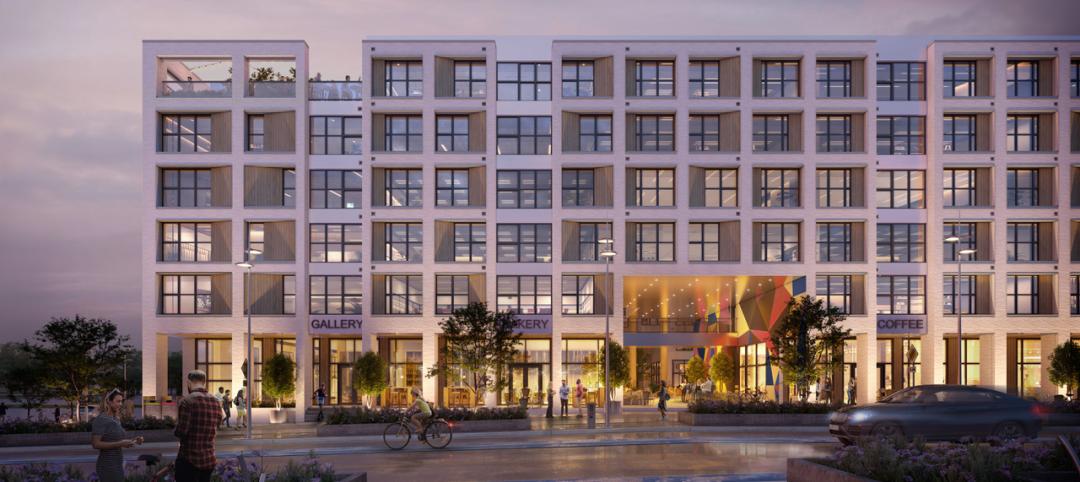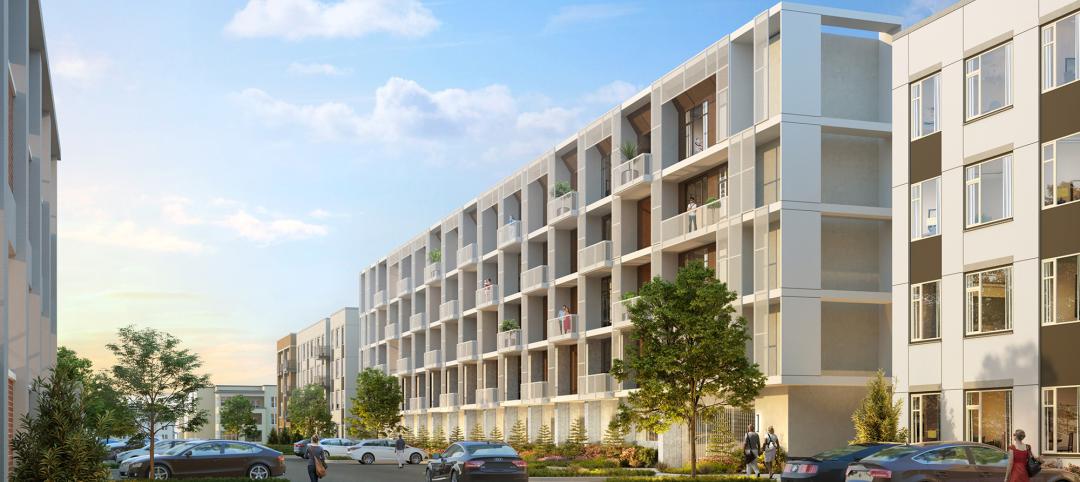The volatile U.S. multifamily housing market has returned to pre-recession investment levels, driven largely by Millennials putting off home-buying and settling for rentals, but in the long term it will be baby boomers that will drive the market as they downsize, according to the Kansas City Federal Reserve.
Millennials, those born between 1980 and 2000, have shown strong interest in apartments as the economy has recovered, partly because of a preference for city living but also because they are delaying marrying and having children due to debt and unemployment.
Kansas City Fed senior economist Jordan Rappaport wrote in a report that the share of young-adult households renting apartments in multifamily units decreased from 2000 to 2007 when looser mortgage credit standards and expectations of rising house prices made home ownership more attractive, but the share has since returned to normal levels.
Older Americans, meanwhile, are "increasingly downsizing" to apartments, generally beginning around age 70 and doing so more often by age 75, Rappaport wrote.
The oldest baby boomers will turn 70 next year, and the number of Americans aged 70 and older will increase by more than 20 million in the next 15 years, the Census Bureau projects.
"In consequence, multifamily home construction is likely to continue to grow at a healthy rate through the end of the decade and thereafter remain well above its level prior to the housing crisis," the report said.
Building permits for the multifamily segment soared 24.9% in May, and permits for buildings with five or more units reached their highest level since January 1990.
The report said that builders would need to adapt to the changing trends because while millenials lived in compact city spaces, older buyers tended to want more space and amenities.
(Reporting by Megan Cassella; Editing by Andrea Ricci © Copyright Thomson Reuters 2015)
Related Stories
MFPRO+ New Projects | May 29, 2024
Two San Francisco multifamily high rises install onsite water recycling systems
Two high-rise apartment buildings in San Francisco have installed onsite water recycling systems that will reuse a total of 3.9 million gallons of wastewater annually. The recycled water will be used for toilet flushing, cooling towers, and landscape irrigation to significantly reduce water usage in both buildings.
MFPRO+ News | May 28, 2024
ENERGY STAR NextGen Certification for New Homes and Apartments launched
The U.S. Environmental Protection Agency recently launched ENERGY STAR NextGen Certified Homes and Apartments, a voluntary certification program for new residential buildings. The program will increase national energy and emissions savings by accelerating the building industry’s adoption of advanced, energy-efficient technologies, according to an EPA news release.
MFPRO+ News | May 24, 2024
Austin, Texas, outlaws windowless bedrooms
Austin, Texas will no longer allow developers to build windowless bedrooms. For at least two decades, the city had permitted developers to build thousands of windowless bedrooms.
Mass Timber | May 22, 2024
3 mass timber architecture innovations
As mass timber construction evolves from the first decade of projects, we're finding an increasing variety of mass timber solutions. Here are three primary examples.
Mixed-Use | May 22, 2024
Multifamily properties above ground-floor grocers continue to see positive rental premiums
Optimizing land usage is becoming an even bigger priority for developers. In some city centers, many large grocery stores sprawl across valuable land.
MFPRO+ News | May 21, 2024
Massachusetts governor launches advocacy group to push for more housing
Massachusetts’ Gov. Maura Healey and Lt. Gov. Kim Driscoll have taken the unusual step of setting up a nonprofit to advocate for pro-housing efforts at the local level. One Commonwealth Inc., will work to provide political and financial support for local housing initiatives, a key pillar of the governor’s agenda.
MFPRO+ News | May 21, 2024
Baker Barrios Architects announces new leadership roles for multifamily, healthcare design
Baker Barrios Architects announced two new additions to its leadership: Chris Powers, RA, AIA, NCARB, EDAC, as Associate Principal and Director (Healthcare); and Mark Kluemper, AIA, NCARB, as Associate Principal and Technical Director (Multifamily).
MFPRO+ News | May 20, 2024
Florida condo market roiled by structural safety standards law
A Florida law enacted after the Surfside condo tower collapse is causing turmoil in the condominium market. The law, which requires buildings to meet certain structural safety standards, is forcing condo associations to assess hefty fees to make repairs on older properties. In some cases, the cost per unit runs into six figures.
Mass Timber | May 17, 2024
Charlotte's new multifamily mid-rise will feature exposed mass timber
Construction recently kicked off for Oxbow, a multifamily community in Charlotte’s The Mill District. The $97.8 million project, consisting of 389 rental units and 14,300 sf of commercial space, sits on 4.3 acres that formerly housed four commercial buildings. The street-level retail is designed for boutiques, coffee shops, and other neighborhood services.
Adaptive Reuse | May 15, 2024
Modular adaptive reuse of parking structure grants future flexibility
The shift away from excessive parking requirements aligns with a broader movement, encouraging development of more sustainable and affordable housing.
















